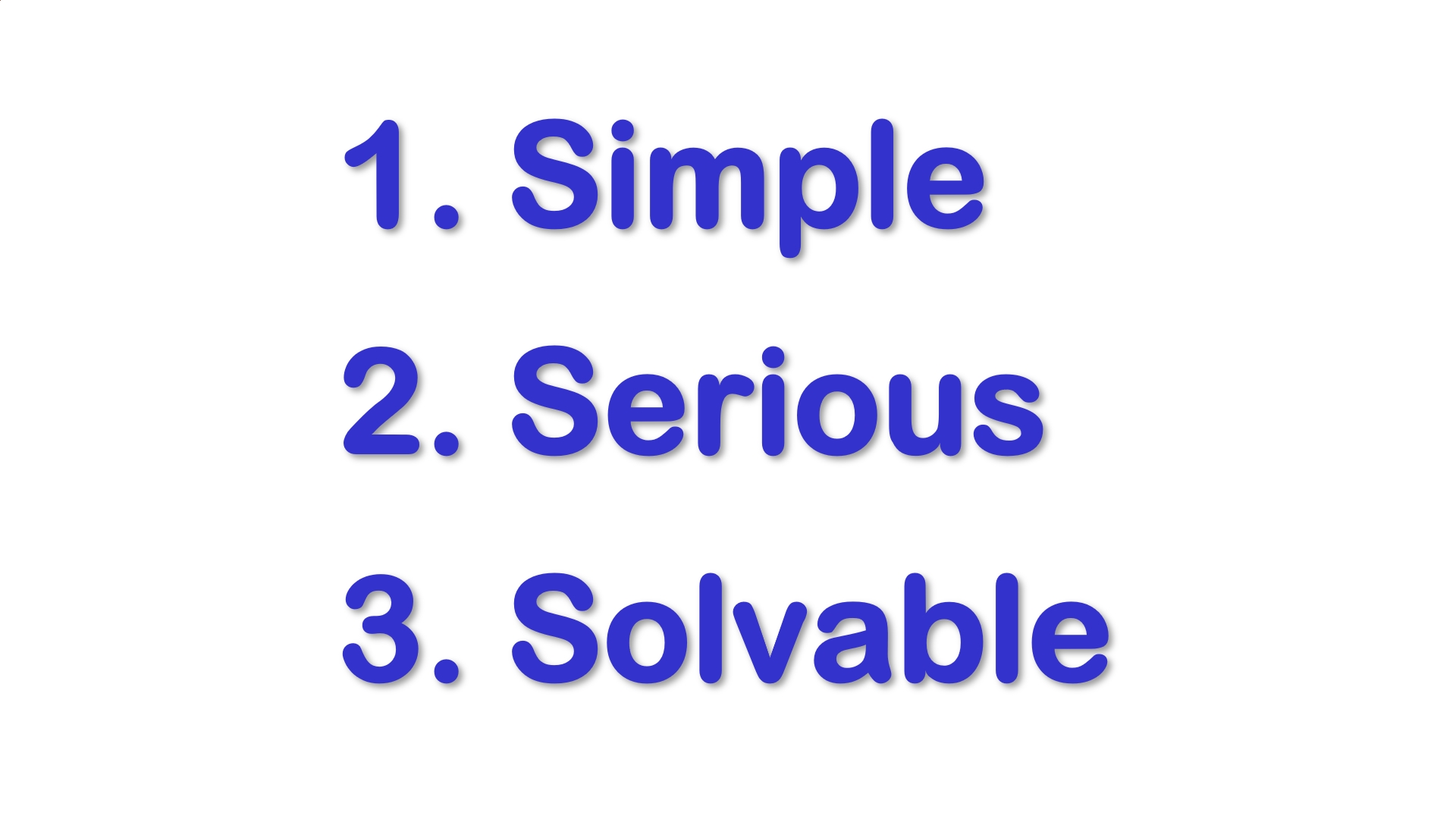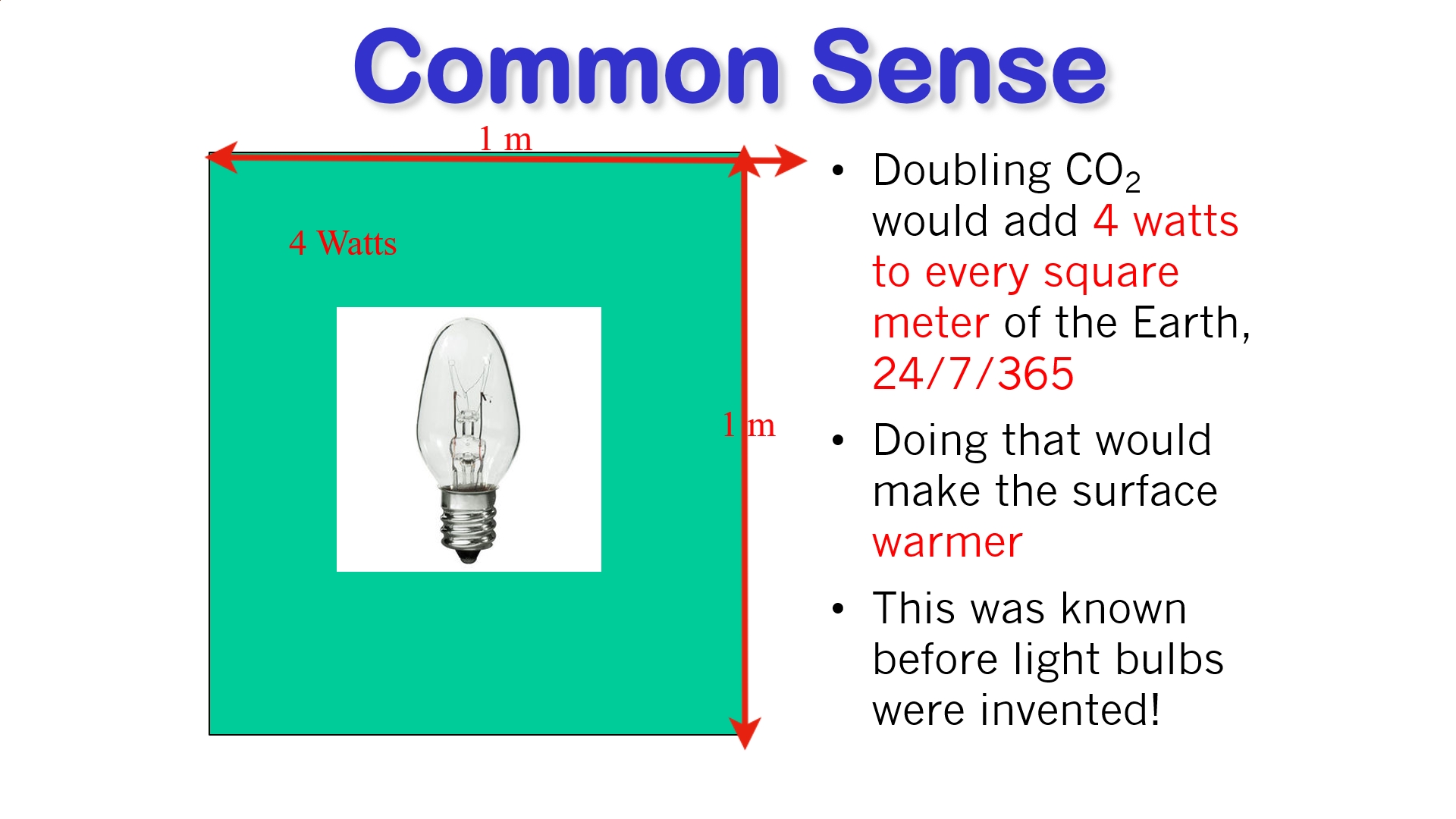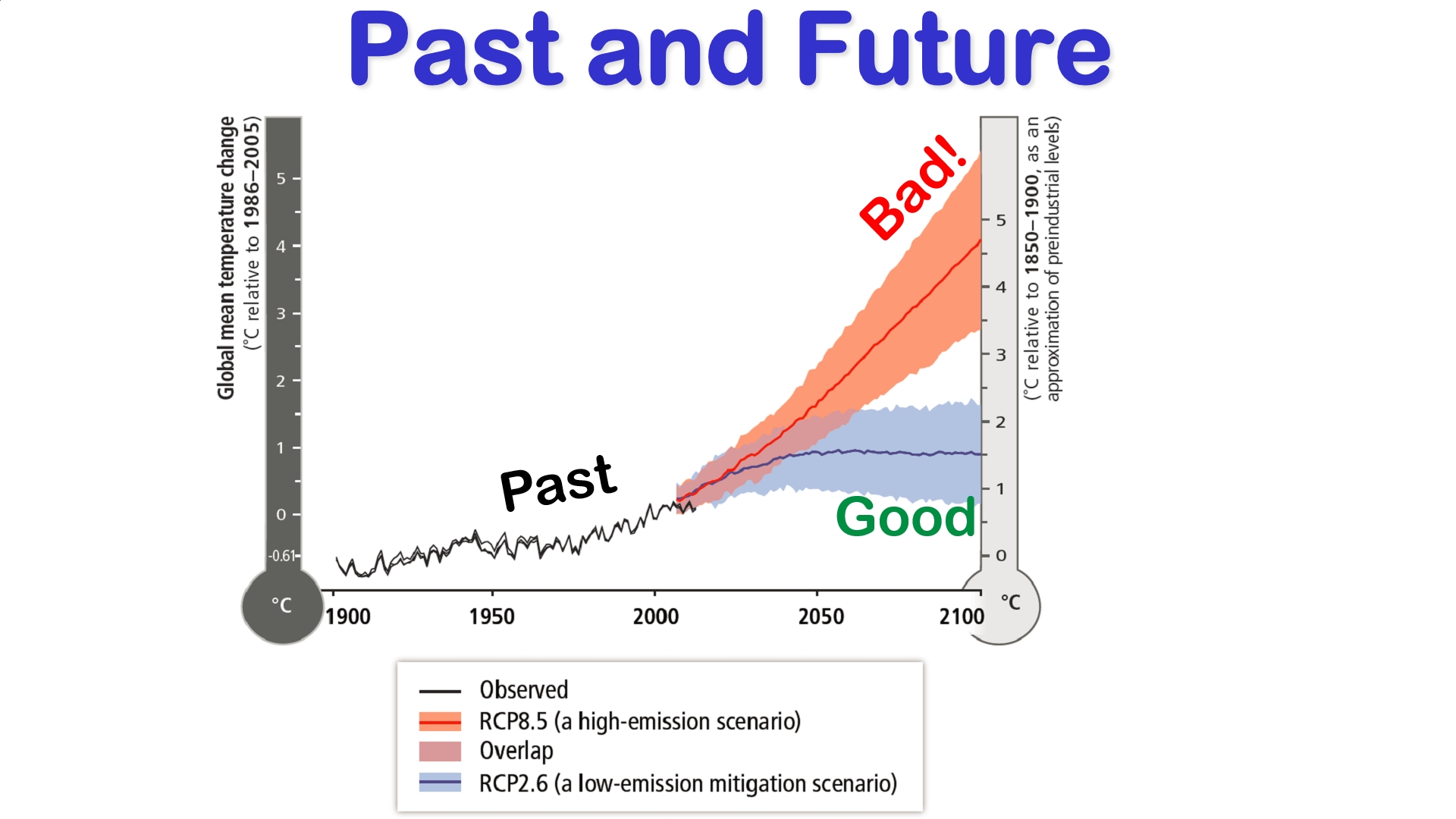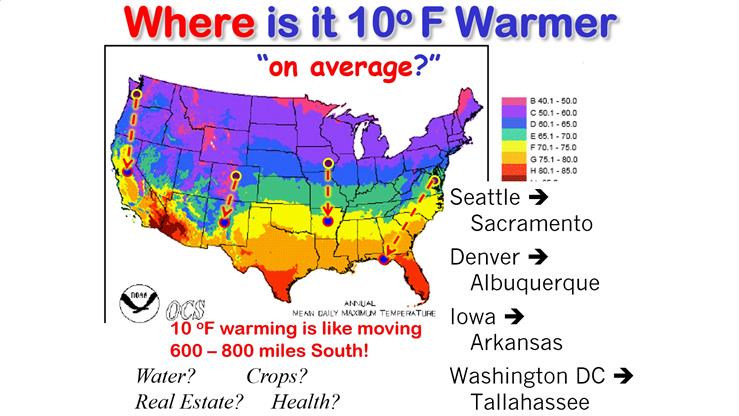College of Liberal Arts & Sciences
Advice from climate scientist, Dr. Scott Denning

Dr. Scott Denning is an atmospheric scientist, a professor at Colorado State University (CSU), and an advocate for climate education who has traveled across the country with his lecture: “The 3 S’s of Climate Change: Simple, Serious, and Solvable.” After giving a lecture on campus last Tuesday, Dr. Denning sat down with the Office of Sustainability & Environment and answered a few questions about his career, why he loves it, and what advice he has for students. (Watch Dr. Denning’s lecture with a HawkID here, or a public lecture here.)
Dr. Denning was working full-time teaching classes, conducting his own research, and mentoring graduate students at CSU when he was offered the opportunity to work as the Director of Education and Diversity for the Center of Multiscale Modeling of Atmospheric Processes.
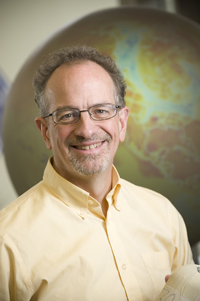 “I basically lucked into this,” said Dr. Denning, referring to his newfound passion for enhancing the understanding of the global climate through informal and public presentations. Dr. Denning found a new calling in basic climate education – talking to half a million school kids, building an undergraduate curriculum, distributing online education and webinars, and creating a website for the work over a period of 10 years. The program ended in 2016, but Dr. Denning hasn’t stopped his work. He continues to do presentations on “Simple, Serious, and Solvable” for any interested audiences. “Like anything else in life, you do stuff because there’s an opportunity. You just keep trying new opportunities until you find something you love -- and then you have to keep doing that.”
“I basically lucked into this,” said Dr. Denning, referring to his newfound passion for enhancing the understanding of the global climate through informal and public presentations. Dr. Denning found a new calling in basic climate education – talking to half a million school kids, building an undergraduate curriculum, distributing online education and webinars, and creating a website for the work over a period of 10 years. The program ended in 2016, but Dr. Denning hasn’t stopped his work. He continues to do presentations on “Simple, Serious, and Solvable” for any interested audiences. “Like anything else in life, you do stuff because there’s an opportunity. You just keep trying new opportunities until you find something you love -- and then you have to keep doing that.”
Dr. Denning took a lot of opportunities before he found educational outreach. “When I was a little kid, I wanted to be an astronomer. I honestly remember in the 2nd grade wanting to do that, looking at planets with a cheap telescope.” Dr. Denning didn’t get a degree in astronomy, but he took on a different opportunity with geology after an inspiring trip to the Grand Canyon. After graduation, he worked in the oil industry, and later, as a research assistant at CSU doing stream, lake, and snow sampling in the Rocky Mountain National Park. “For 200 Tuesdays in a row, I hiked up into this remote mountain wilderness and took samples to take back to CSU.” Dr. Denning became interested in atmospheric science, and upon realizing that he would like to “be the scientist,” went to graduate school. He taught full-time at CSU until 2006, when he finally found his passion working with the Center of Multiscale Modeling of Atmospheric Processes.
Dr. Denning offered some advice for students interested in careers in sustainability: “There are tons of careers in sustainability – science, engineering, economics, policy, anything – but you must get a college degree.” Students interested in sustainability should major in anything that piques their interest, with sustainability-oriented jobs in the public and private sector at every level. “There is just incredible opportunity in the field for every level of education except without a college degree, so be sure to finish that first.”
He is also excited to see more students expressing an interest in sustainability, such as school strikes by kids around the world. Iowa City students participated in early April in the global strikes inspired by Swedish student Greta Thunberg. “I think it's absolutely critical that the people whose lives are on the line with climate change understand it, take it seriously, and do something about it.”
"It's absolute critical that the people whose lives are on the line with climate change understand it, take it seriously, and do something about it."
Thank you to Dr. Scott Denning for bringing his program to the University of Iowa and for contributing to this article! We greatly appreciate your work! Follow Dr. Denning on Twitter at @airScottDenning, and visit his website for more climate change education resources..
Article written by Hallie Lartius, Communications Intern at the UI Office of Sustainability and the Environment.
